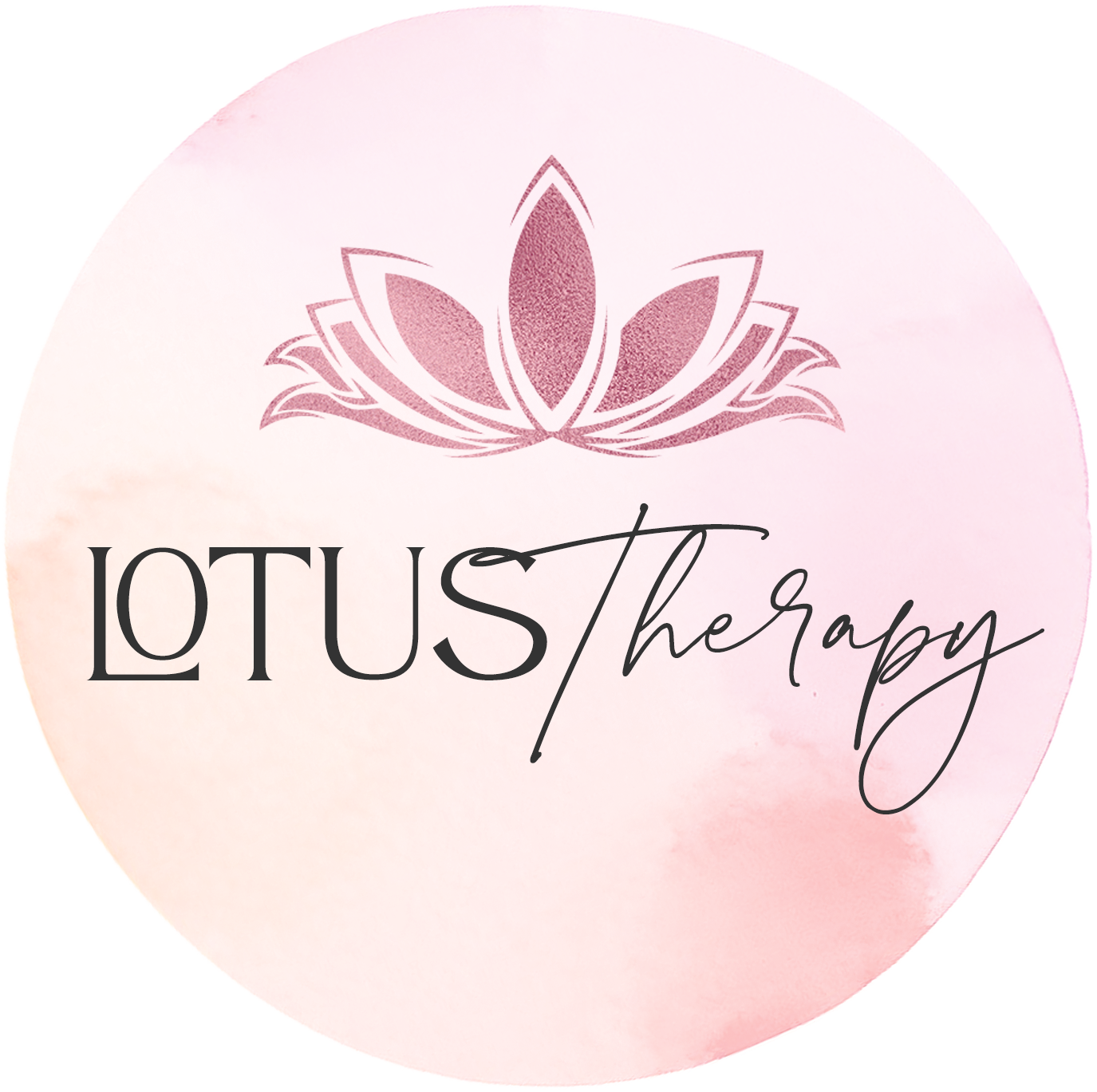Internal Family Systems
Internal Family Systems: Healing From the Inside Out
When couples come into therapy, it’s often because of repeated patterns, the same arguments, the same emotional triggers, the same feelings of disconnection. On the surface, these conflicts might look like disagreements about money, sex, chores, or parenting. But beneath them lies something much deeper: the parts of us that carry our stories, our wounds, and our protective strategies.
This is where Internal Family Systems (IFS) offers something extraordinary. Developed by Dr. Richard Schwartz, IFS teaches us that we’re not a single, unified “self” but rather a system of many inner parts, each with its own voice, needs, and fears. And when we understand and care for these parts, we unlock compassion, both for ourselves and for our partners.
The Core Idea of IFS
IFS sees the human psyche as a family of “parts.” We all carry:
Exiles: the wounded parts of us that hold pain, shame, or fear (often from childhood).
Protectors: parts that try to prevent us from feeling that pain, often by shutting down, avoiding, or distracting.
Managers and Firefighters: parts that step in during stress — managers control and plan, firefighters react and numb.
At the heart of it all is what IFS calls the Self — the calm, compassionate, wise presence within us. The Self is not damaged, even if our parts carry pain. The Self is who we are at our core, capable of healing the entire inner system.
How IFS Plays Out in Relationships
Imagine this: your partner criticizes you for forgetting to pay a bill. On the surface, it’s about money. But inside, a younger part of you (an exile) might feel like a failure, unworthy of love. Immediately, a protector part might step in — snapping back defensively, shutting down, or retreating in shame.
From your partner’s perspective, it looks like you’re angry or avoiding. But what’s really happening is that your parts are working overtime to keep you safe from old wounds.
When two people’s parts start interacting with each other, conflict can escalate quickly. Instead of your calm, compassionate Self being present, it’s protectors and exiles leading the conversation. That’s why couples often feel stuck in cycles they can’t break.
Why IFS Can Be Transformative for Couples
IFS invites us to pause and notice: Which part of me is speaking right now? Is it my angry protector? My scared exile? Or can I access my calm Self in this moment?
When partners learn to recognize their own parts — and to see their partner’s reactions as parts, too — something shifts. Conflict becomes less about blame and more about curiosity. Instead of “You’re always defensive,” it becomes, “I wonder what part of you feels the need to protect here?”
This shift creates safety. It opens the door to empathy. And it allows each partner to show up from their Self — grounded, compassionate, and connected.
How to Begin Using IFS in Your Own Life
You don’t need to be in therapy to start exploring IFS. Here are some entry points:
1. Notice Your Parts
The next time you’re triggered, ask: “What part of me is active right now?” Try to name it — the critic, the pleaser, the protector. Simply noticing can create space between you and the reaction.
2. Lead With Curiosity, Not Judgment
Rather than pushing parts away, ask them what they’re trying to do for you. Even the harsh inner critic is usually trying to protect you from rejection or failure.
3. Access Your Self Energy
Look for qualities of calm, compassion, and clarity. From this place, you can listen to your parts without becoming them.
4. Extend This Awareness to Your Partner
When your partner reacts strongly, instead of assuming it’s “who they are,” consider it might be a part of them trying to protect something tender. This small shift can reduce judgment and increase empathy.
Internal Family Systems is more than a therapy model. It’s a way of understanding ourselves and our relationships with compassion and depth. By getting to know our parts — the protectors, the exiles, the managers — we create space for healing, integration, and connection.
And when couples approach each other from this place of Self, the relationship becomes less about defending and more about truly seeing and holding each other.
Because at the end of the day, love isn’t just about navigating life together. It’s about creating a safe space where even the most tender, hidden parts of us can come out of hiding and finally be embraced.
As a couples therapist based in Lakeland, Florida, I offer personalized counseling services to help couples strengthen their relationships. If you feel that professional help could benefit your relationship, don’t hesitate to reach out! If you're looking for something more personalized, I invite you to contact me for a consultation or book a session. Together, we can work towards building a more intentional and fulfilling relationship.
Written By: Crystin Nichols MS, LMFT

